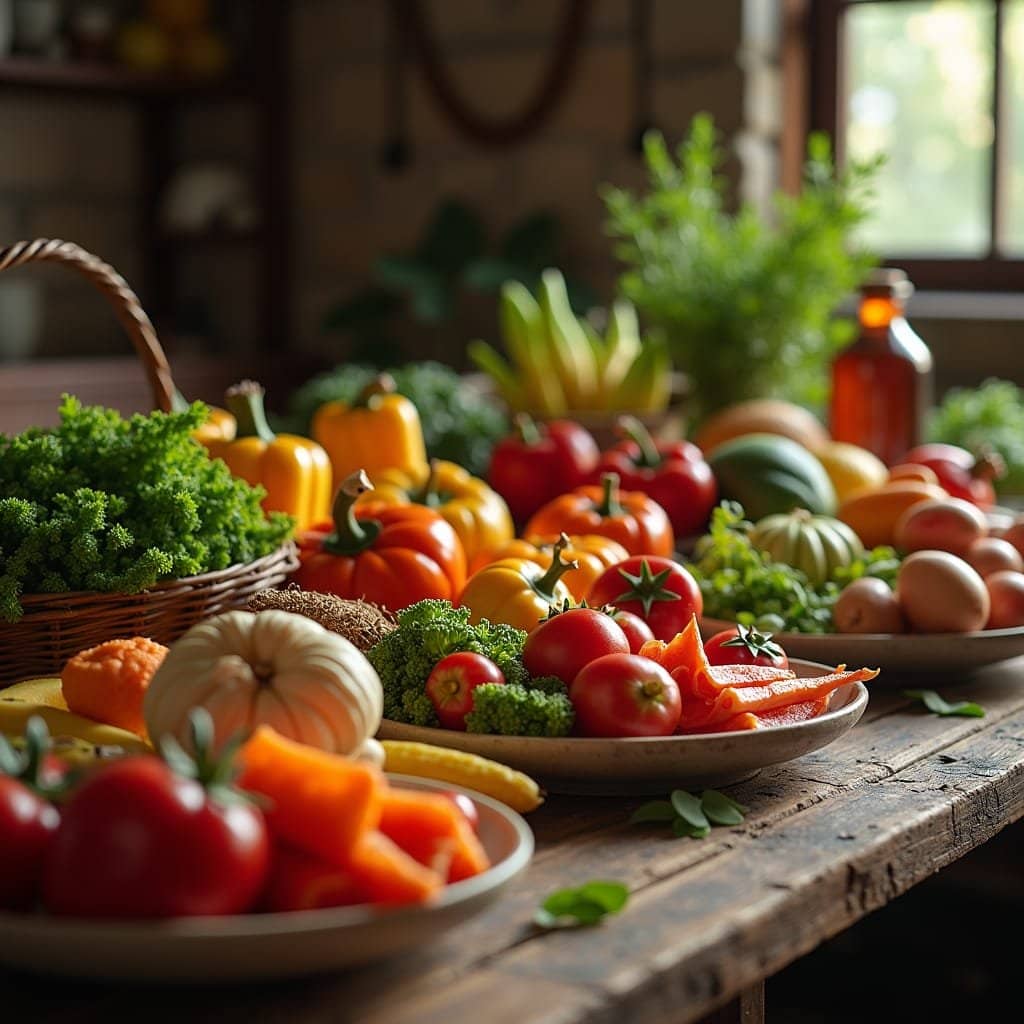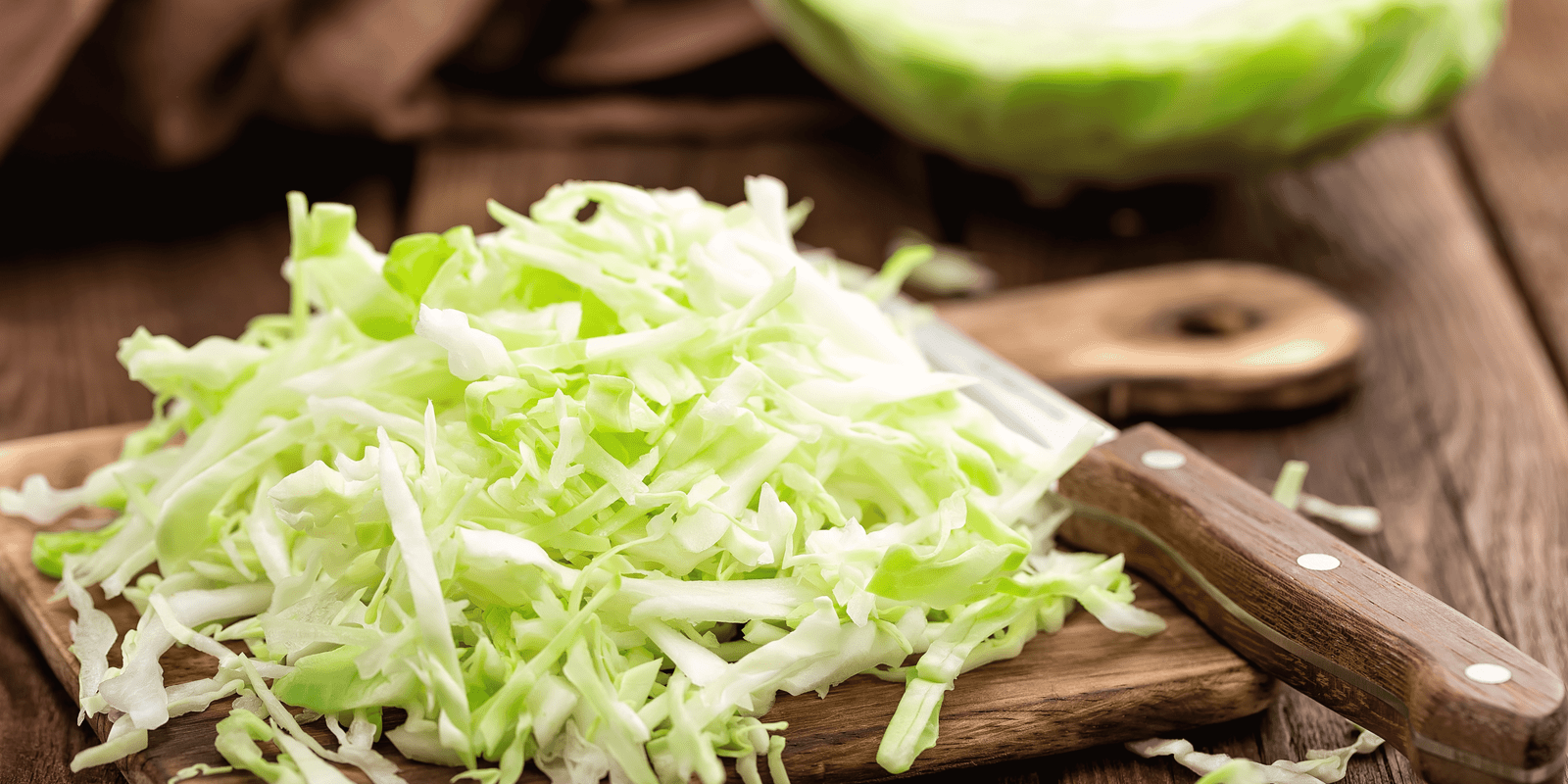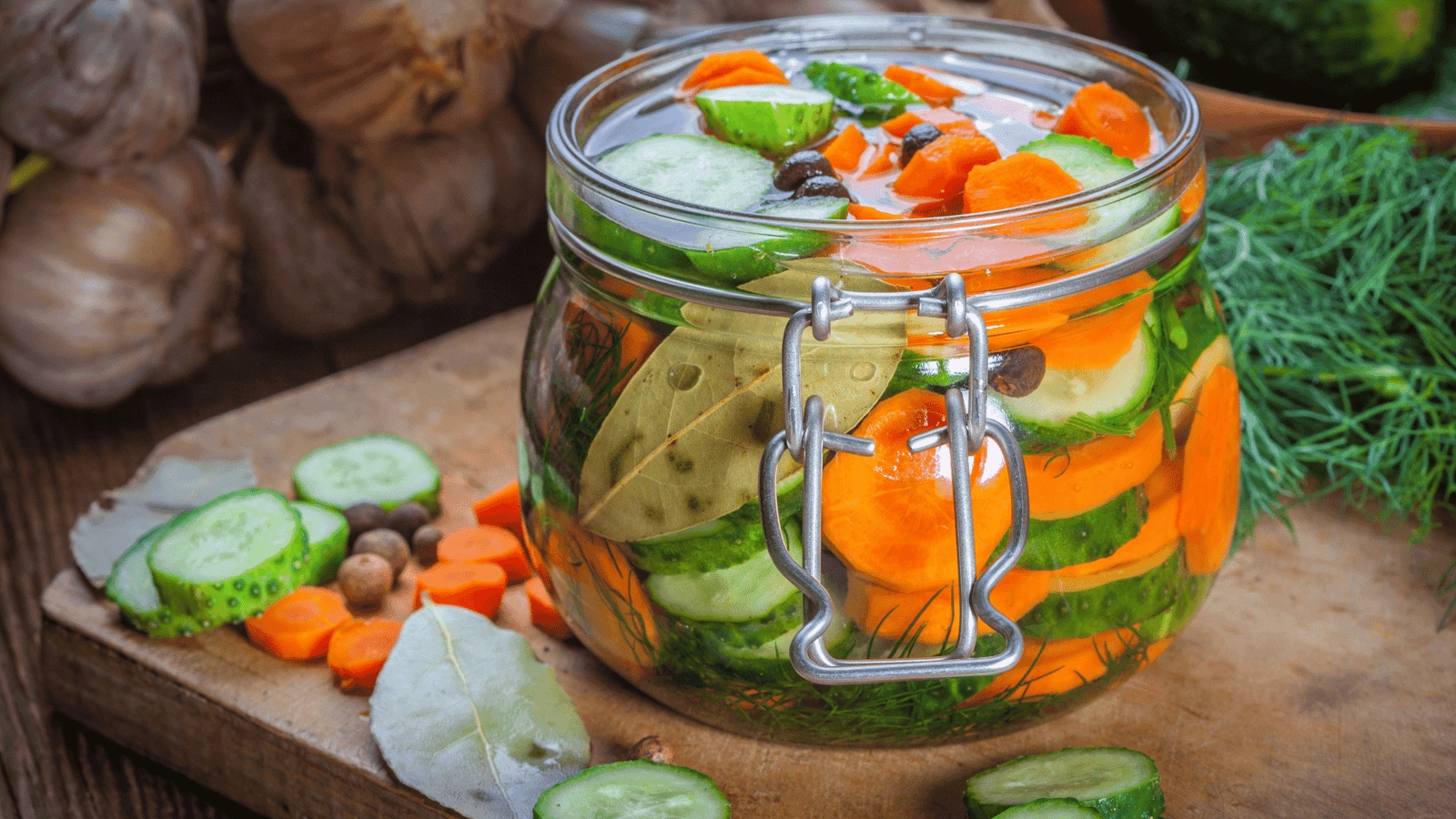Why Choose Fair Trade Foods?
Fair trade foods play a crucial role in the global economy by promoting equitable trading conditions and fostering sustainable development. One primary reason for opting for fair trade foods is that they guarantee fair compensation for farmers and workers. According to Fair Trade International, over 1.66 million farmers and workers across 73 countries have benefitted from fair trade conditions. This translates into better living conditions, improved education, and access to healthcare for these communities, creating a ripple effect of positive change.
Moreover, fair trade certifications typically ensure the implementation of sustainable farming practices. These often include organic farming techniques, crop diversification, and the use of natural pest control methods. Such eco-friendly agricultural practices not only help in conserving biodiversity but also minimize the environmental impact. The International Federation of Organic Agriculture Movements (IFOAM) notes that farms adhering to fair trade standards often showcase a 30-40% reduction in carbon footprints compared to conventional farms.
Another significant advantage of fair trade foods is the ethical commitment to social standards. Fair trade organizations actively work to fight child labor and exploitative practices, ensuring safe working conditions for everyone involved in the production process. The ethical eating movement emphasizes making choices that are not just beneficial for the consumer but also responsible and humane for producers.
Emotional appeal also plays a vital role in the enduring support for fair trade foods. Knowing that purchasing these products directly contributes to the welfare of marginalized communities offers a sense of participation in global justice and equity. The bond created between consumers and producers, facilitated by ethical eating choices, nurtures a more humane and interconnected world.
In conclusion, choosing fair trade foods is an effective way to support sustainable farming, ensure just compensation for labor, and reduce environmental impact. By making conscientious purchasing decisions, consumers can participate in a global movement that helps improve lives and protect the planet.
FAQs About Fair Trade: Clearing the Confusion
Fair trade foods are an essential part of ethical eating practices, ensuring that producers receive fair compensation for their work. But there remains a lot of confusion about what fair trade actually entails. Below, we address the six most frequently asked questions to help clear up any misunderstandings.
What Are Fair Trade Foods?
Fair trade foods are products that have been certified to ensure they were produced under ethical standards. This means fair wages for farmers and workers, safe working environments, and environmentally sustainable practices. Examples of fair trade foods include coffee, tea, chocolate, and certain fruits and vegetables.
How Do I Know If a Product Is Fair Trade Certified?
To identify fair trade foods, look for certification labels from reputable organizations such as Fair Trade USA, Fairtrade International, or the World Fair Trade Organization. These labels guarantee that the product has met rigorous criteria for social, economic, and environmental standards. Consumers can feel confident that these products contribute to ethical eating practices.
What Is the Difference Between Organic and Fair Trade?
While both organic and fair trade certifications focus on sustainable practices, they address different concerns. Organic certification primarily ensures that foods are grown without synthetic pesticides or fertilizers, enhancing environmental health. In contrast, fair trade certification emphasizes the social and economic well-being of farmers and workers. Combining both organic and fair trade certifications provides the highest standard of ethical and sustainable food production.
Can Fair Trade Foods Be Affordable?
There is a common misconception that fair trade foods are always expensive. However, while they may sometimes be priced slightly higher than non-fair trade foods, the cost reflects fair wages and sustainable practices. In recent years, the growing demand for fair trade has led to increased availability and competitive pricing. Shopping at cooperatives or retailers committed to fair trade can also offer more affordable options.
How Does Fair Trade Certification Work?
Fair trade certification involves thorough vetting by independent organizations. These certifiers assess various aspects, including working conditions, wages, labor rights, and environmental practices. Fair Trade USA, for instance, uses a comprehensive framework to ensure compliance. Some key statistics show that in 2022 alone, fair trade certifications positively impacted the lives of over 1.6 million farmers and workers globally.
Are There Any Potential Downsides to Fair Trade Foods?
While the benefits of fair trade are significant, it is important to be aware of some potential downsides. For instance, the certification process can be costly for small-scale farmers, sometimes creating barriers to entry. Additionally, the complexity of supply chains can make it challenging to ensure transparency at all levels. Despite these challenges, fair trade remains a powerful model for promoting ethical eating and supporting equitable market practices.
Understanding these aspects of fair trade can help consumers make more informed choices. By seeking fair trade certified products, you contribute to a more ethical and sustainable food system, fostering positive change from farm to table.
Top Fair Trade Products on Amazon to Kickstart Your Ethical Eating
Choosing fair trade products is pivotal for committing to ethical eating. Here are some top-rated fair trade products available on Amazon that ensure high quality, sustainability, and positive social impact.
1. Equal Exchange Organic Coffee
Equal Exchange Organic Coffee is a best-seller among ethical consumers. This coffee ensures fair wages for farmers and is produced using sustainable farming methods. Its robust flavors derived from organic beans not only please the palate but also guarantee that no harmful chemicals are used in production. Consumers can feel confident their purchase supports communities striving for economic stability and environmental respect.
2. Divine Chocolate
Divine Chocolate stands out as an exemplary fair trade product, crafted by cocoa farmers who own a significant share of the company. This chocolate is made free from child labor, and each purchase ensures fair wages and better living conditions for farmers. Its rich, indulgent taste is a testament to the high-quality, ethically-sourced ingredients used in production.
3. Alter Eco Organic Quinoa
Alter Eco Organic Quinoa is a nutrient-rich staple that promotes fair trade principles. Sourced from small-scale farmers, this quinoa supports sustainable agricultural practices and climate resilience. Its consistent quality and health benefits make it a valuable addition to any ethical eater’s pantry, ensuring each bite supports equitable trade and ecological harmony.
These products exemplify the standards of fair trade foods, offering consumers an opportunity to support ethical eating practices. By choosing these products, you contribute to fair wages, community development, and sustainable farming methods—building a better world bit by bit.
How to Transition to a Fair Trade Diet: Practical Tips and Strategies
Transitioning to a fair trade diet is easier than it might seem. Here are some practical tips and strategies to help you incorporate more fair trade foods into your daily life.
First, educate yourself on the importance of fair trade foods and ethical eating. Understanding the benefits for both producers and consumers can motivate your switch. Look for products that bear official Fair Trade certifications, ensuring they meet rigorous standards for ethical production.
When shopping, frequent stores known for their wide selection of fair trade foods. Many grocery chains now have dedicated sections for sustainably sourced products. Specialty stores and farmers’ markets are also great places to discover fair trade options. Online platforms can provide a broad range of choices and may offer subscription services for regular deliveries.
Reading labels is essential. Fair Trade certified products will prominently display the certification logo. Familiarize yourself with other key indicators such as “ethically sourced” or “sustainably farmed.” Specifically, look for fair trade options in commonly used products like coffee, tea, chocolate, bananas, and sugar. Gradually replacing these items can significantly impact your diet.
To illustrate, consider the story of Mark, a consumer who transitioned to a fair trade diet over six months. Initially, he faced challenges such as limited availability and higher costs. However, he discovered local cooperatives and online retailers that offered competitive prices. Mark reported a newfound sense of satisfaction knowing his choices supported fair wages and better working conditions for producers.
The long-term benefits of supporting ethical eating practices are substantial. For consumers, it means healthier, high-quality products. For the global community, it translates to fairer trade practices, improved living conditions for producers, and more sustainable agriculture. By making informed choices and gradually transitioning to a fair trade diet, you contribute to a more ethical and sustainable food system.
ⓘ Disclaimer:
Please note that the information provided in this blog post is for general informational purposes only and does not constitute professional advice. The author of this article is not an expert. It is important to consult with a qualified professional. The content of this blog post is based on the author’s personal experiences, research, and opinions. SmoothiePerks.com nor the author assumes no responsibility or liability for any consequences resulting from the use of this information. By reading this blog post, you acknowledge and accept that the information provided here is not a substitute for professional advice.
ⓘ Disclosure
Amazon Associates Program: smoothieperks.com is a participant in the Amazon Services LLC Associates Program, an affiliate advertising program designed to provide a means for sites to earn fees by advertising and linking to Amazon.com.
ⓘ Affiliate Disclaimer/Disclosure:
Please assume any links to 3rd party products are affiliate links for which I may receive a small payment from the vendor if you decide to sign up or purchase – at no cost to you.




